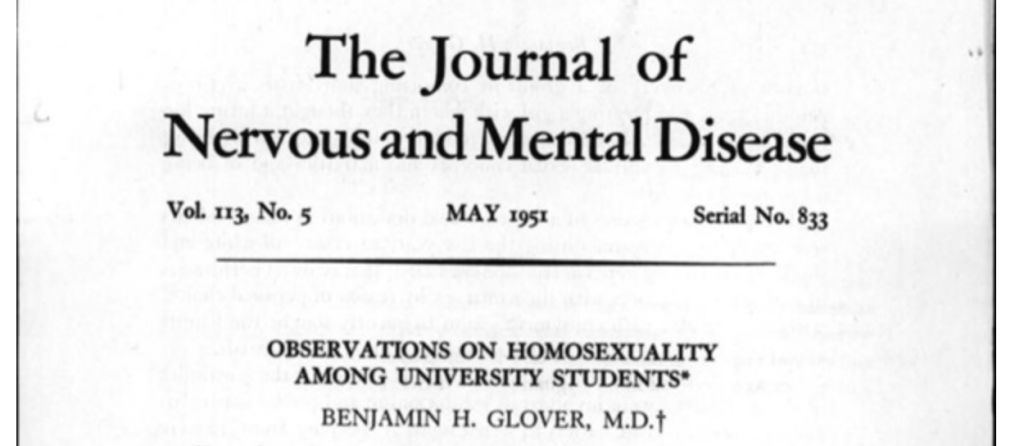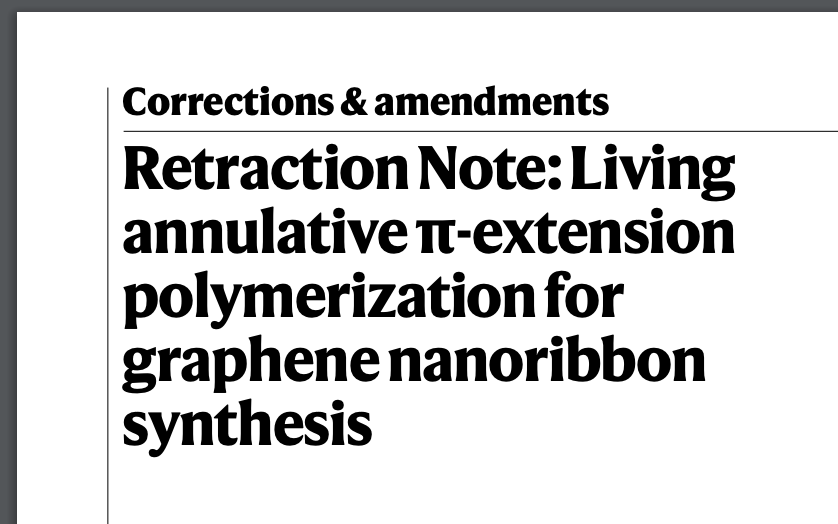
Before we present this week’s Weekend Reads, a question: Do you enjoy our weekly roundup? If so, we could really use your help. Would you consider a tax-deductible donation to support Weekend Reads, and our daily work? Thanks in advance.
The week at Retraction Watch featured:
- Western University materials scientist committed misconduct, according to investigation
- Public health journal “seeking further expert advice” on January paper about COVID-19 PCR testing by high-profile virologist
- Researcher at Tehran medical school loses three papers because “overlap without cross-referencing is not legitimated”
- Researcher, until last week a Miami dean, faked data in grant applications, says federal watchdog
- Authors of meta-analysis on heart disease retract it when they realize a NEJM reference had been retracted
- Elsevier looking into “very serious concerns” after student calls out journal for fleet of Star Trek articles, other issues
- The grad student who found a fatal error that may affect lots of papers
Our list of retracted or withdrawn COVID-19 papers is up to 39.
Here’s what was happening elsewhere:
Continue reading Weekend reads: p-hacking the US election; an apparently fake author sinks a stock; sued for using a research tool




